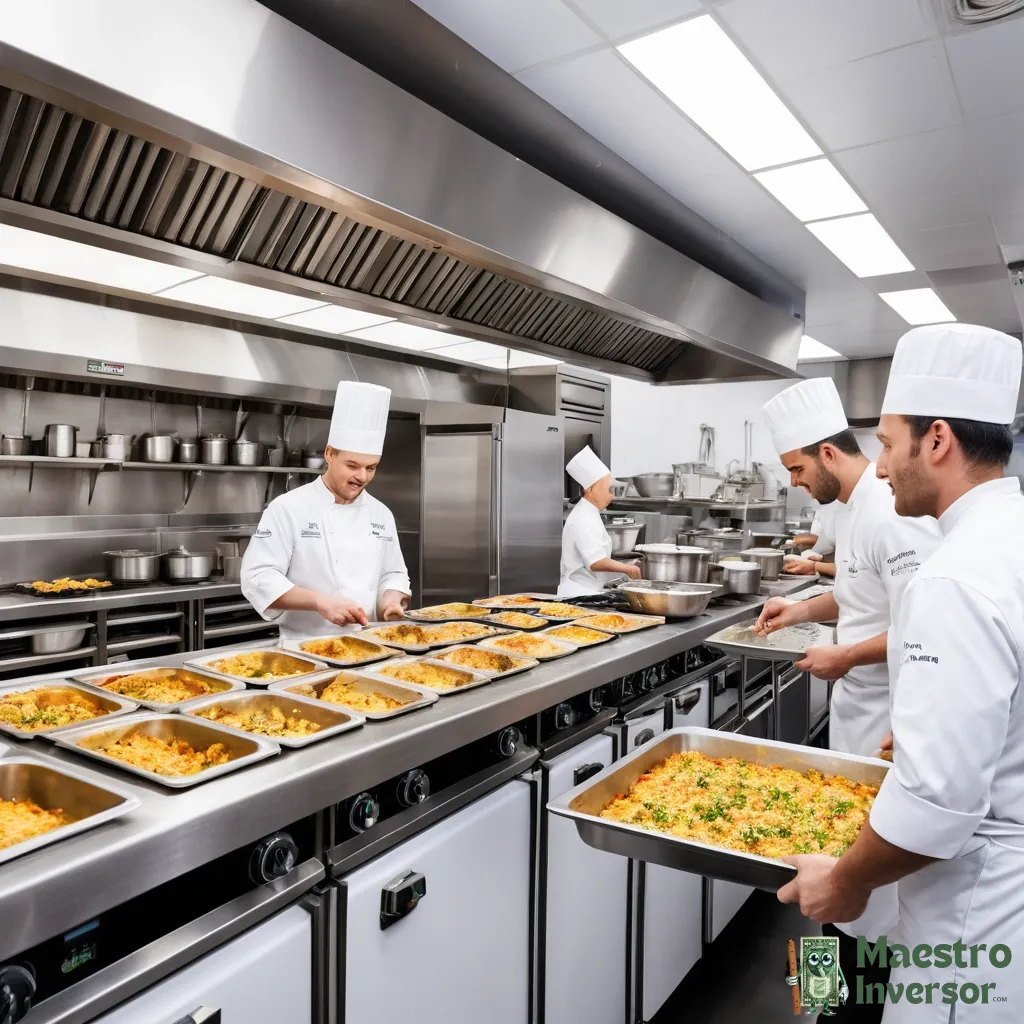
The food industry is a rapidly growing and highly competitive market, with a wide range of opportunities for entrepreneurs to start and succeed in their own businesses. Whether you’re passionate about cooking, baking, or simply sharing your love of food with others, starting a business in the food industry can be a rewarding and profitable venture. However, it’s essential to approach this venture with careful planning, research, and attention to detail to ensure success. In this article, we’ll explore the key steps and considerations for starting a successful business in the food industry.
Research and Planning
Before starting any business, it’s crucial to conduct thorough research and create a solid business plan. This includes identifying your target market, analyzing your competition, and determining the feasibility of your business idea. In the food industry, this may involve researching consumer trends, understanding local health and safety regulations, and exploring potential locations for your business. A well-developed business plan will help you stay focused, make informed decisions, and secure funding if needed.
Defining Your Niche
One of the most critical steps in starting a food business is defining your niche. What type of food do you want to sell? Who is your target audience? What sets your business apart from others in the industry? Some popular niches in the food industry include:
- Specialty foods, such as gluten-free or vegan products
- Food trucks or street food
- Restaurants or cafes
- Catering services
- Bakeries or pastry shops
By identifying your niche, you can tailor your business plan, marketing strategy, and menu to meet the specific needs and preferences of your target audience.
Licenses and Permits
Starting a food business requires obtaining the necessary licenses and permits to operate legally and safely. The specific requirements vary depending on your location, type of business, and other factors. Some common licenses and permits needed for food businesses include:
- Food service permit
- Business license
- Employer identification number (EIN)
- Sales tax permit
- Health department permit
It’s essential to research the specific requirements for your business and location to ensure compliance with all relevant regulations.
Menu Development and Sourcing
Developing a menu that is both delicious and profitable is critical to the success of your food business. Consider the following factors when creating your menu:
- Quality and freshness of ingredients
- Menu pricing and profitability
- Dietary restrictions and preferences (e.g., vegetarian, gluten-free)
- Seasonal and local ingredients
- Menu variety and flexibility
In addition to menu development, sourcing high-quality ingredients is crucial to the success of your business. Consider working with local farmers, suppliers, or distributors to source fresh and sustainable ingredients.
Marketing and Sales
Effective marketing and sales strategies are vital to attracting and retaining customers in the competitive food industry. Some key marketing and sales considerations include:
- Developing a strong brand identity and online presence
- Creating engaging social media content and promotions
- Building relationships with local suppliers, farmers, and other businesses
- Offering loyalty programs, discounts, or other incentives
- Providing exceptional customer service and ensuring customer satisfaction
By developing a comprehensive marketing and sales strategy, you can increase visibility, drive sales, and build a loyal customer base for your food business.
Operations and Management
Once your business is up and running, it’s essential to have systems in place for managing day-to-day operations. This includes:
- Hiring and training staff
- Managing inventory and supplies
- Maintaining cleanliness and safety standards
- Handling customer service and feedback
- Monitoring finances and making adjustments as needed
By streamlining operations and management, you can ensure the efficient and profitable operation of your food business.
In conclusion, starting a business in the food industry requires careful planning, research, and attention to detail. By defining your niche, obtaining necessary licenses and permits, developing a menu and sourcing high-quality ingredients, creating effective marketing and sales strategies, and managing operations, you can set your business up for success and build a loyal customer base. With the right mindset and approach, your food business can thrive in this competitive and dynamic industry.

